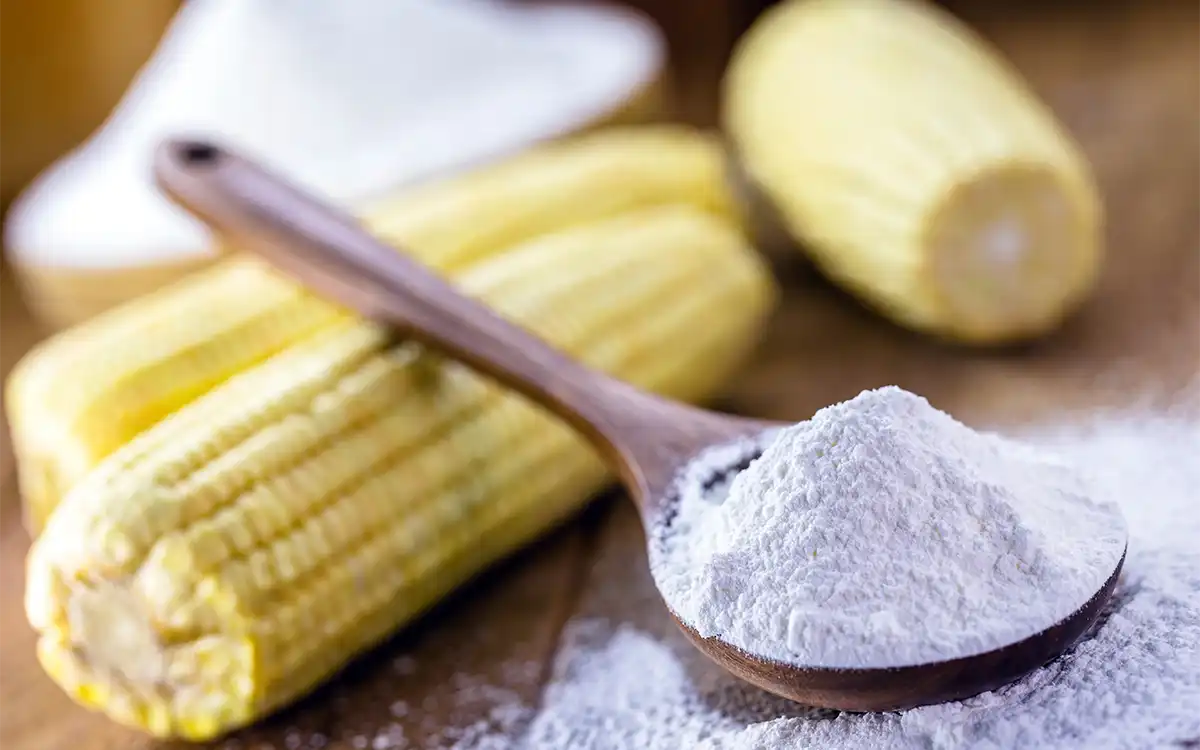new to the gluten free journey?
new to the gluten free journey?

If you’re one to look at food labels, you’ve probably come across an ingredient that sounds a little suspect: modified food starch. You may have thought, “what is modified food starch”? While modified food starch is often gluten free, you’re right to be hesitant before consuming this common but questionable additive. Let’s take a closer look.
Contents
ToggleStay up-to-date with the latest articles, tips, recipes and more.

*These statements have not been evaluated by the Food and Drug Administration. This product is not intended to diagnose, treat, cure or prevent any disease.
If you are pregnant, nursing, taking medication, or have a medical condition, consult your physician before using this product.
The entire contents of this website are based upon the opinions of Peter Osborne, unless otherwise noted. Individual articles are based upon the opinions of the respective author, who retains copyright as marked. The information on this website is not intended to replace a one-on-one relationship with a qualified health care professional and is not intended as medical advice. It is intended as a sharing of knowledge and information from the research and experience of Peter Osborne and his community. Peter Osborne encourages you to make your own health care decisions based upon your research and in partnership with a qualified health care professional.
4 Responses
When I take my np thyroid it has dextrose in it…probably made from wheat or corn. In trying to change it to tapioca the initial mix will still have dextrose I. It’s base. Should I take gluten shield with this med? In every other way. I am gluten free?
You can…but I would also discuss this with your prescribing doctor. He may be able to write you a prescription to compound the same medication without the filler.
I had three surgeries which may have injured my epiglottitis. My nursing home is requiring me to thicken my liquids. A swallowing study showed weak response
They want me to take Hormel Thick & Easy brand modified food starch. Do you know of a substitute?
I am afraid of side effects if I take it with three meals a day.
I just discovered your web site. Can you help me?
You might consider thickening liquids with collagen. https://www.glutenfreesociety.org/shop/health-focus/womens-health/ultra-collagen/